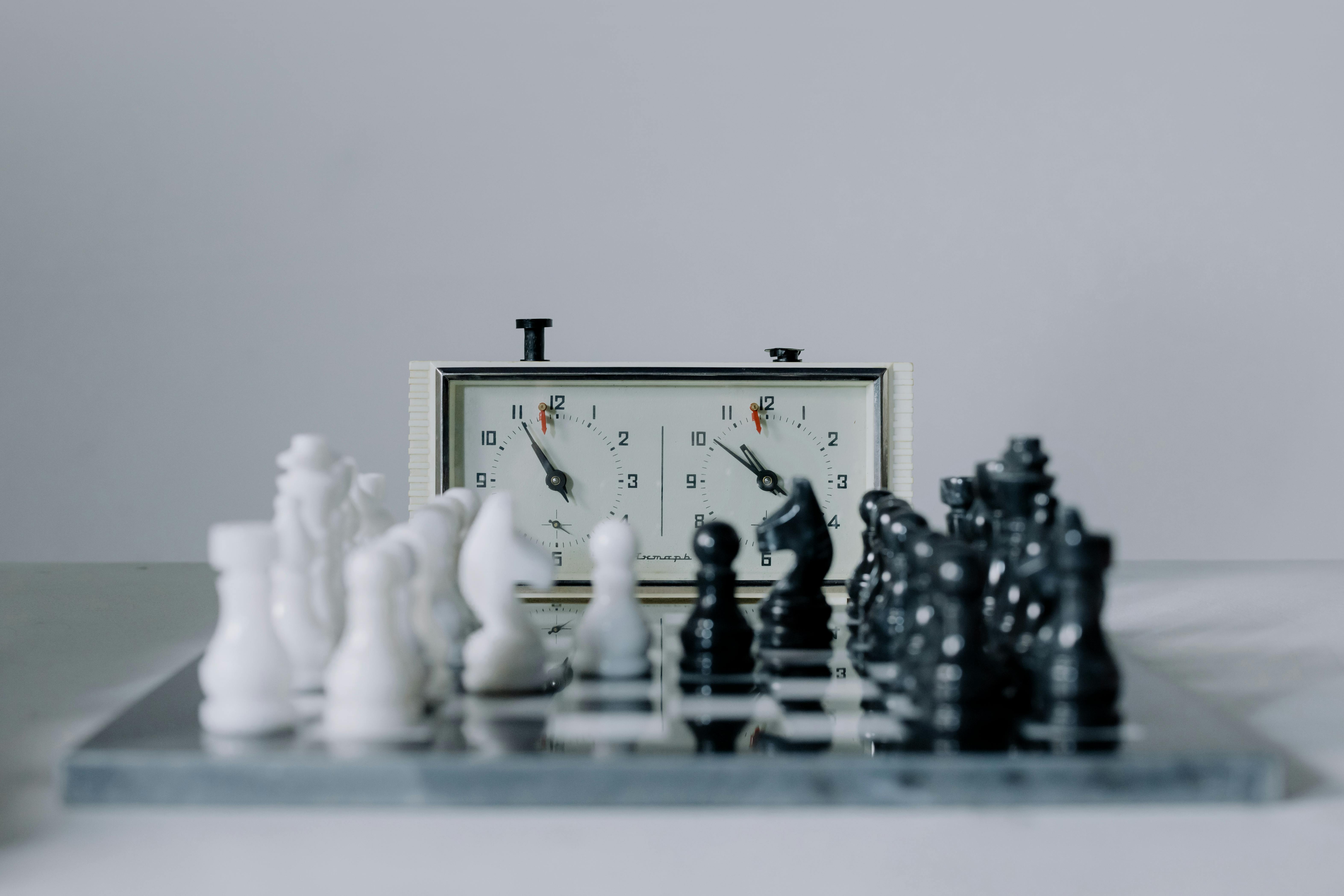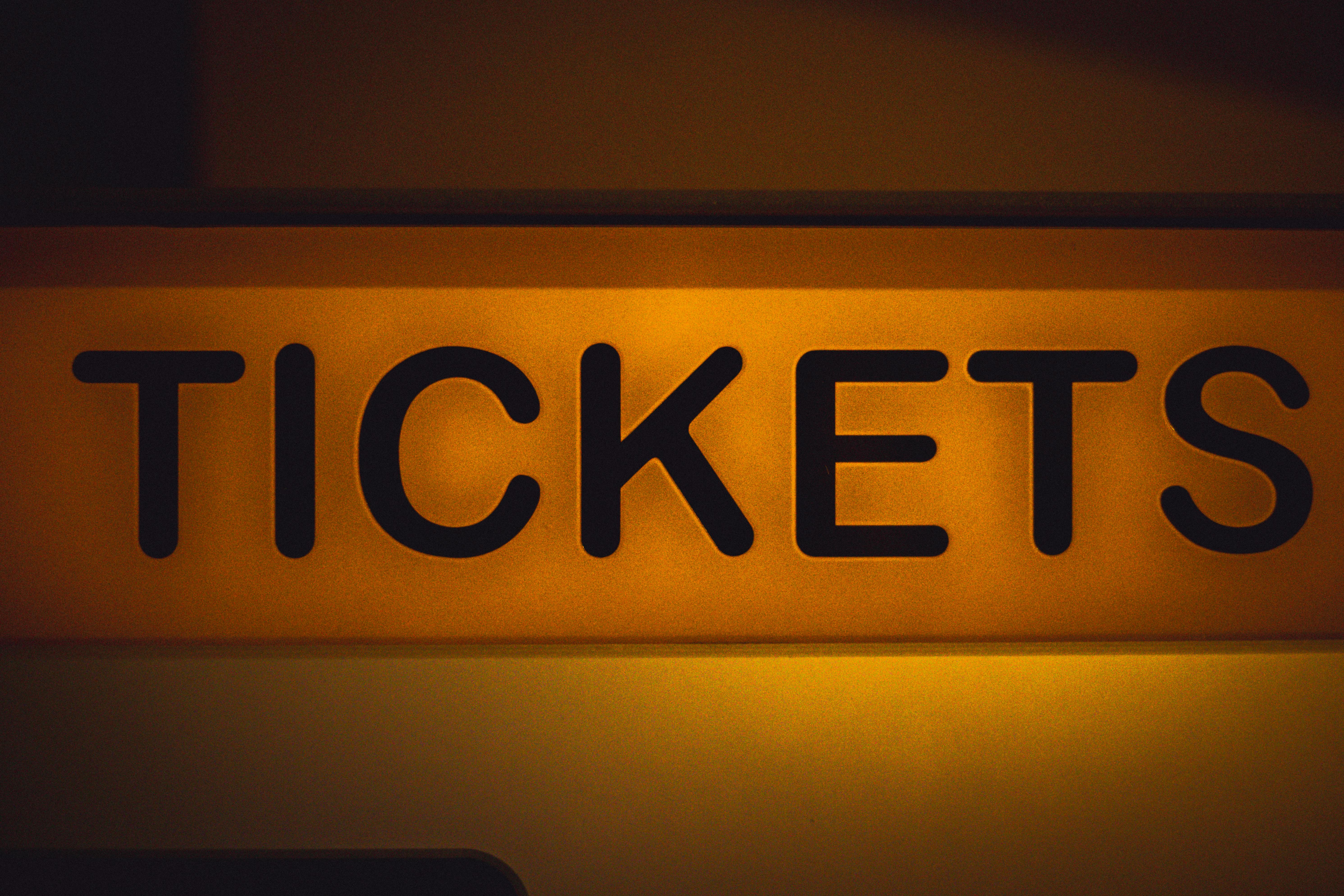How We Make Decisions Under Pressure (And What It Says About Us)

Every day, people make hundreds of decisions. Most are small—what to eat, which email to answer first, whether to walk or take a cab. But every now and then, we’re faced with a decision that matters. The kind that makes your palms sweat, your heart race, and your thoughts spin. These moments test more than our logic—they test our ability to perform under pressure.
Think about the last time you had to decide something with stakes attached. A job offer. A relationship move. A financial commitment. Maybe you hesitated, doubted, or acted too fast. Pressure, whether from time, emotion, or consequences, tends to warp our thinking. And that’s what makes it fascinating.
Some of the clearest windows into pressure-based decision-making come from games. Yes, games. Not just chess or sports, but digital environments that test your reactions and mental stamina. One surprisingly powerful example?blackjack online.
It’s easy to dismiss blackjack as just another card game. But peel back the layers, and you’ll find a perfect storm of psychology, probability, and emotion. Players must assess risk, manage uncertainty, and stay composed—all while the clock ticks. In this compressed scenario, your brain’s decision-making under fire gets a regular workout.
When you play blackjack online, you quickly learn a key lesson: you don’t always control the cards, but you do control how you respond. This simple idea mirrors life perfectly. We rarely have perfect information, and outcomes are never guaranteed. What we do have is a chance to stay calm, weigh the odds, and make the best choice we can in the moment.
Research into decision-making shows that people under pressure often fall back on heuristics—mental shortcuts. Sometimes that helps. Other times, it leads to mistakes. For instance, you might hit on 16 hoping for that perfect 5, even though statistically, it’s risky. Why? Because pressure pushes you to act rather than think.
That same impulse shows up outside of games, too. During a tense meeting, you might blurt out an idea without fully thinking it through. Or in a relationship conflict, you might respond emotionally instead of reflectively. Recognizing that impulse is the first step toward managing it.
Another fascinating aspect of decision-making under pressure is emotional regulation. In blackjack online, you can lose a hand you played perfectly, just because luck didn’t go your way. That experience mirrors how life sometimes rewards effort inconsistently. Learning to accept this and stay grounded helps us build emotional intelligence. Not every good decision leads to a good outcome, and that’s okay.
One trick used by professionals—from poker players to surgeons—is to pre-plan decisions. In blackjack, this looks like memorizing optimal plays based on probabilities. In life, it’s knowing your priorities and values ahead of time. So when a high-stress choice comes up, your response isn’t random—it’s rooted in something solid.
It also helps to know your triggers. Are you someone who freezes under pressure? Do you make impulsive decisions to get the moment over with? Recognizing your patterns lets you practice new strategies. Playing something like blackjack online can be a surprisingly low-stakes way to notice and train your reactions.
There’s a reason elite performers simulate pressure. Athletes practice in noisy environments. Public speakers rehearse with tough questions. Military and emergency responders run drills under stress. They know that how we act under pressure is a skill—and skills can be developed.
And there’s beauty in the process. Think about the people you admire most. Chances are, they’re not the ones who never face hard choices—they’re the ones who handle them with grace. Staying calm in chaos, choosing thoughtfully, and owning the result takes strength. It’s the kind of strength you don’t always see in day-to-day life, but that reveals itself when the stakes are high.
Decision-making is also deeply tied to confidence. The more you practice making decisions—big or small—the more you learn to trust your judgment. Even when you make mistakes (and you will), you gain insight. Over time, the fear of getting it wrong fades, replaced by a deeper trust in your ability to figure things out.
That’s the paradox of pressure: it feels overwhelming in the moment, but with the right mindset, it can shape you. You become more aware of your instincts. More deliberate in your responses. And more resilient when things don’t go as planned.
Of course, there’s also the joy of improving. In blackjack, just like in life, there’s satisfaction in getting better. Each time you pause instead of rushing, think instead of reacting, or stay steady instead of spiraling, you build internal strength. You’re not just playing a game or solving a problem—you’re training yourself for life’s curveballs.
So the next time you’re under pressure—whether in a conversation, a decision, or a quiet moment that feels big—remember this: pressure doesn’t have to paralyze you. It can sharpen you. Help you focus. Reveal what you’re really made of.
And yes, sometimes even a card game like blackjack online can help you learn that.







